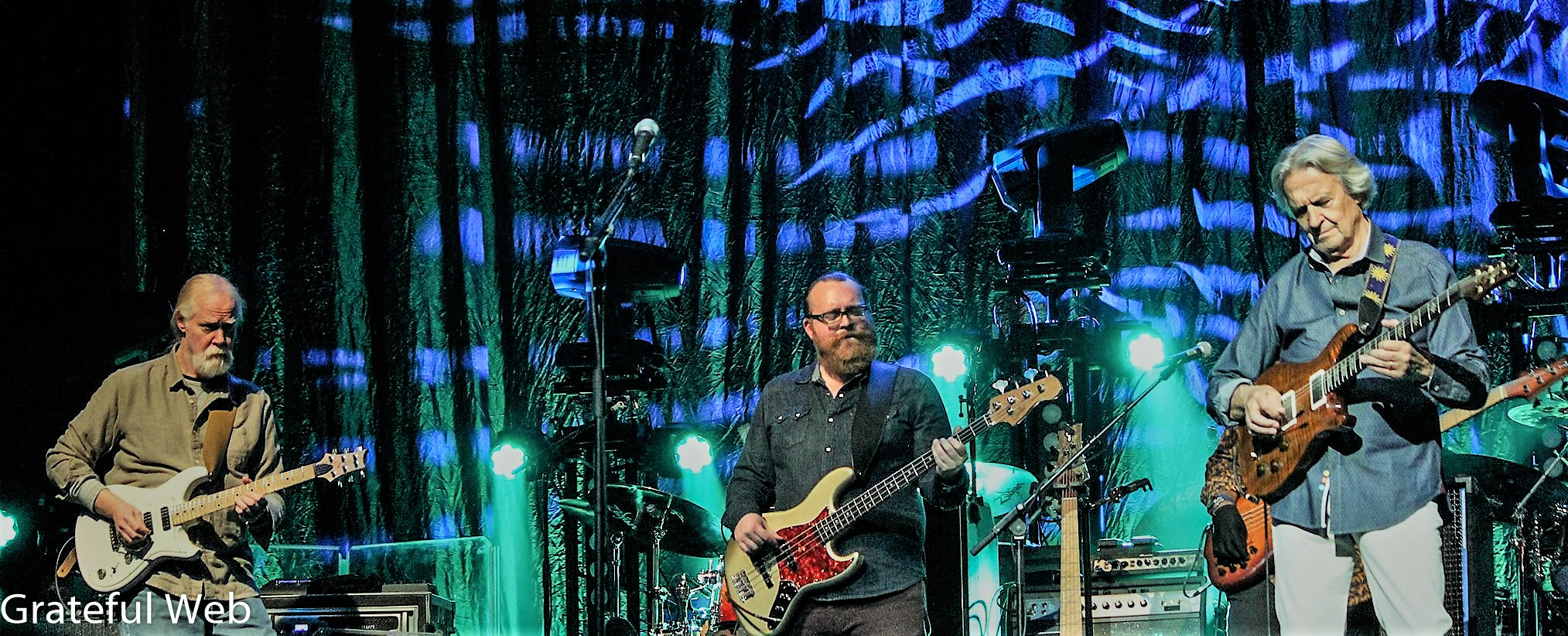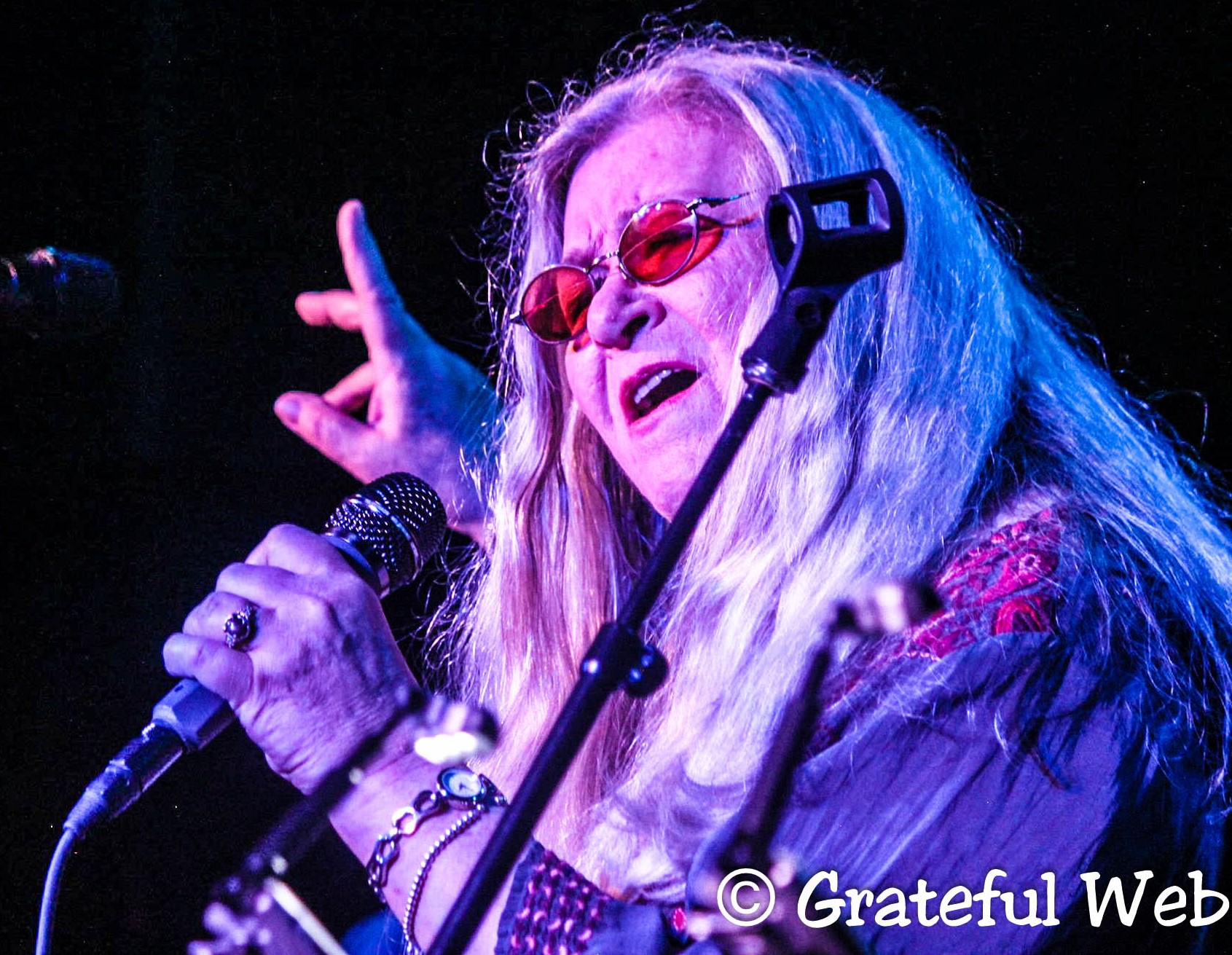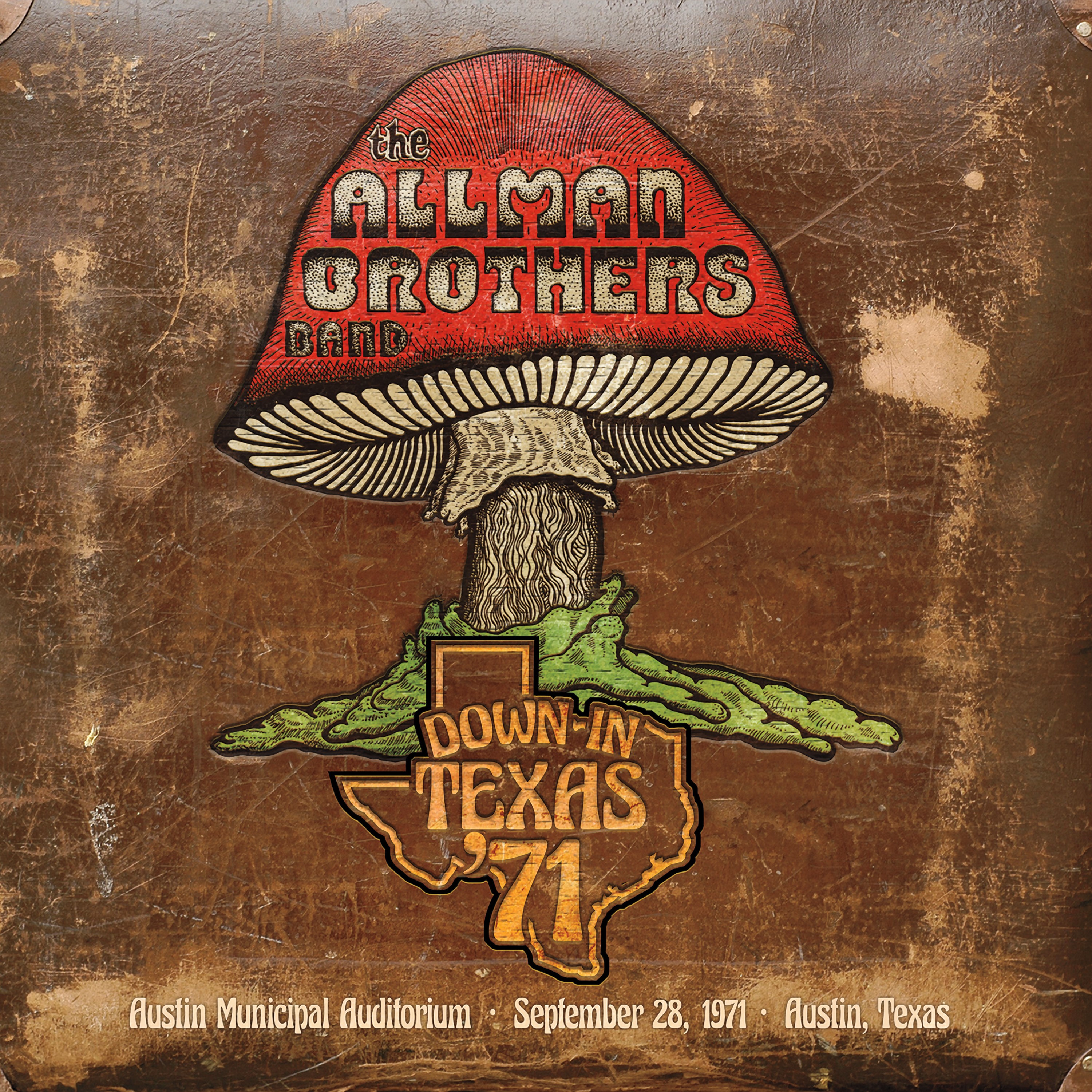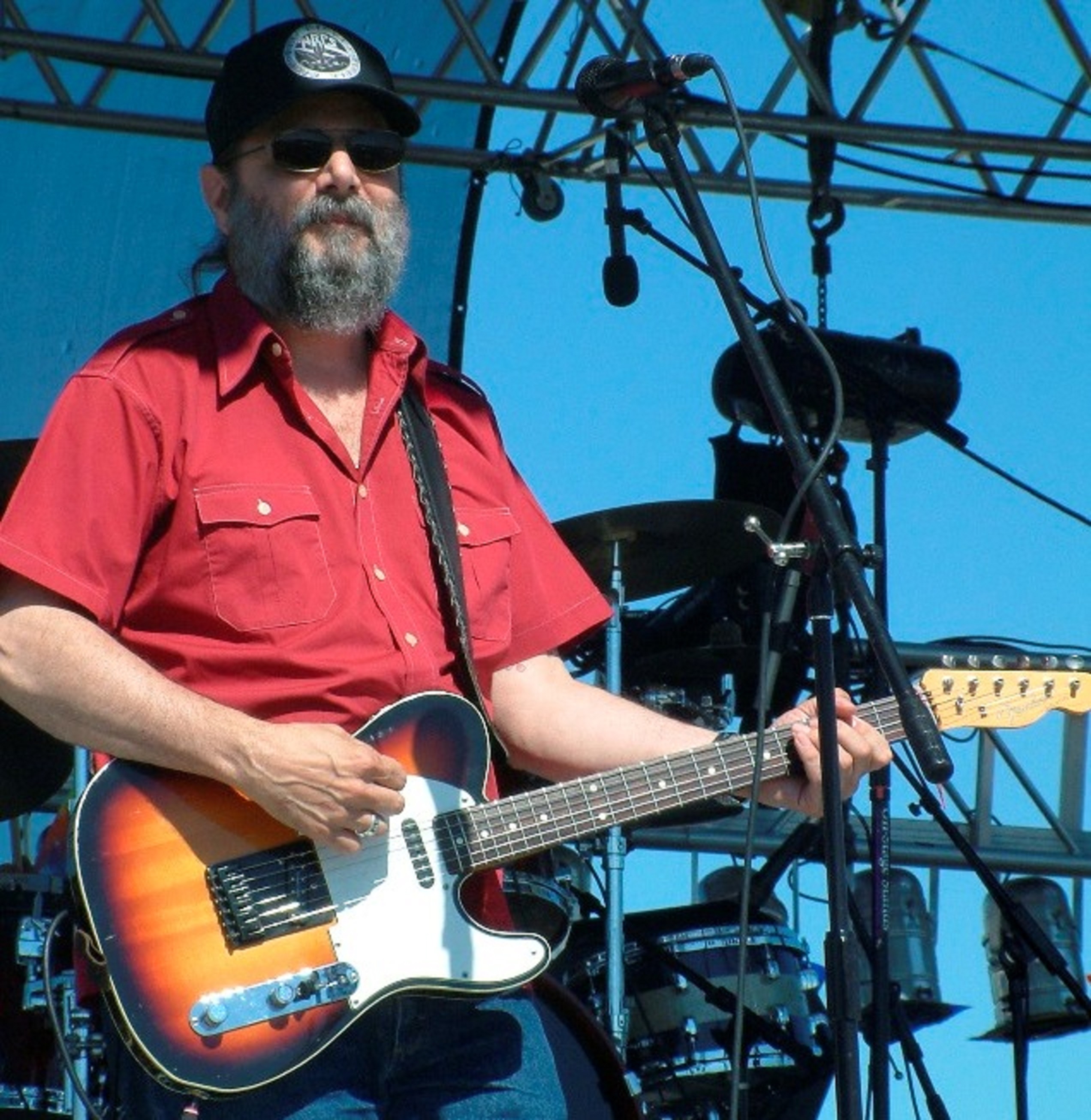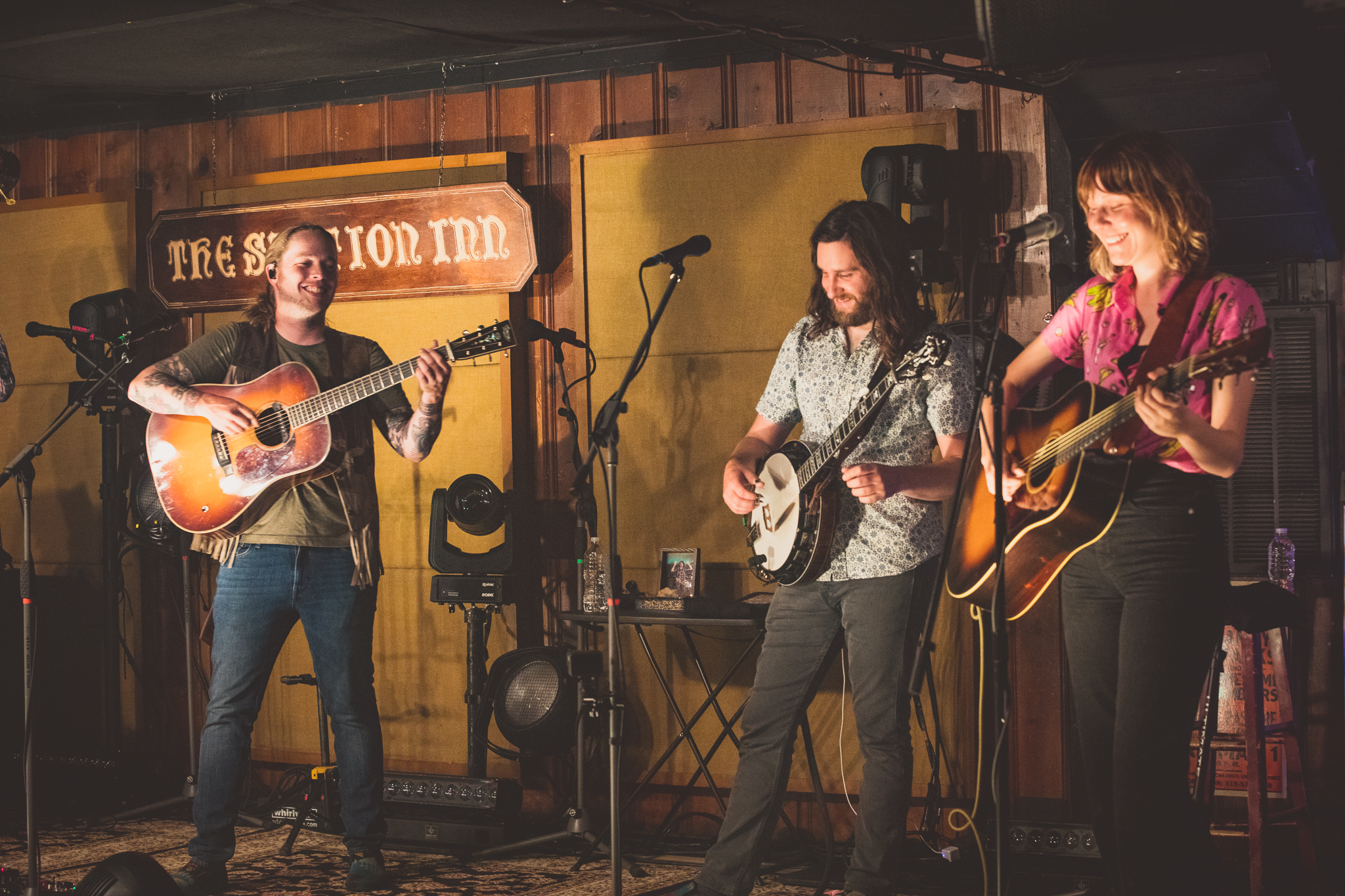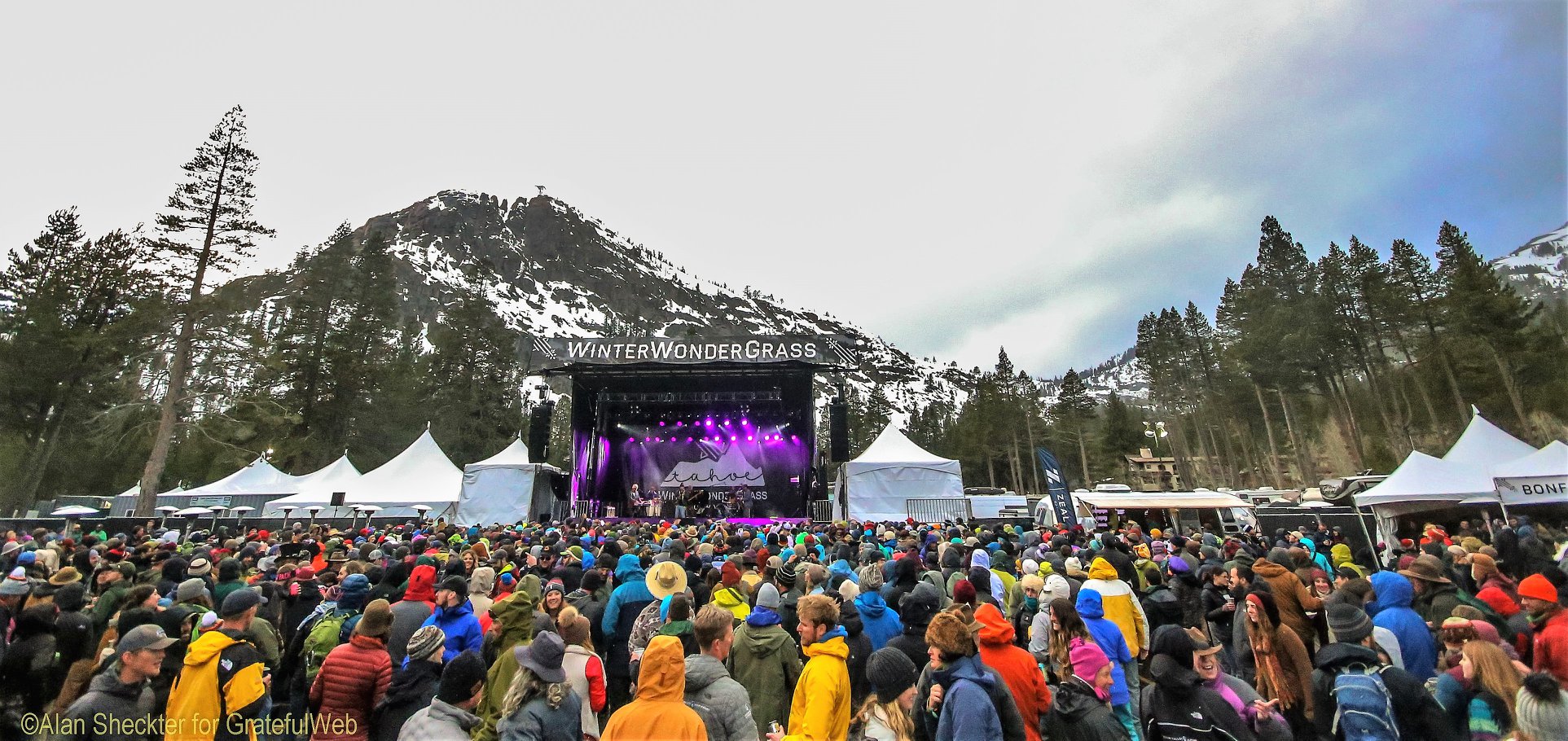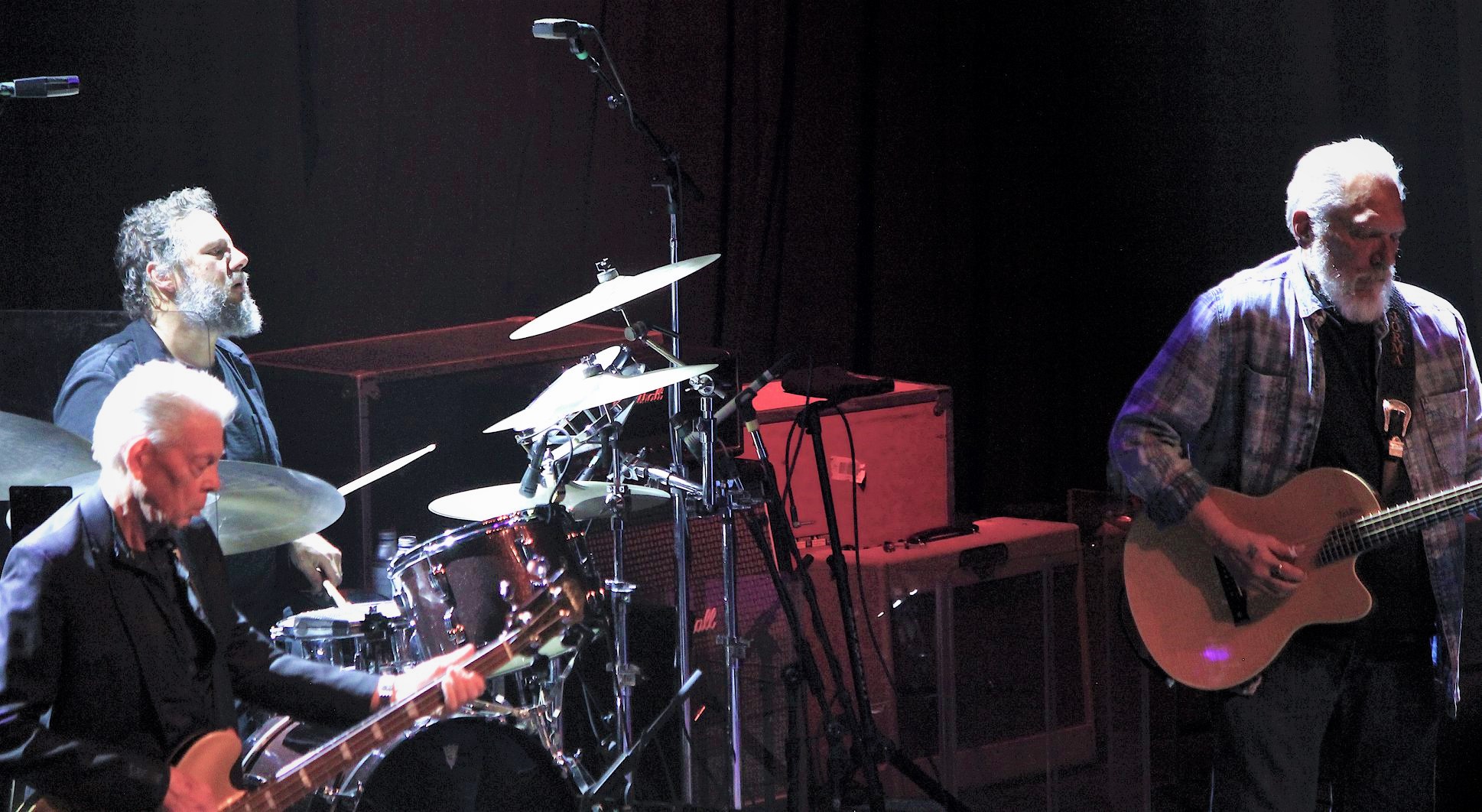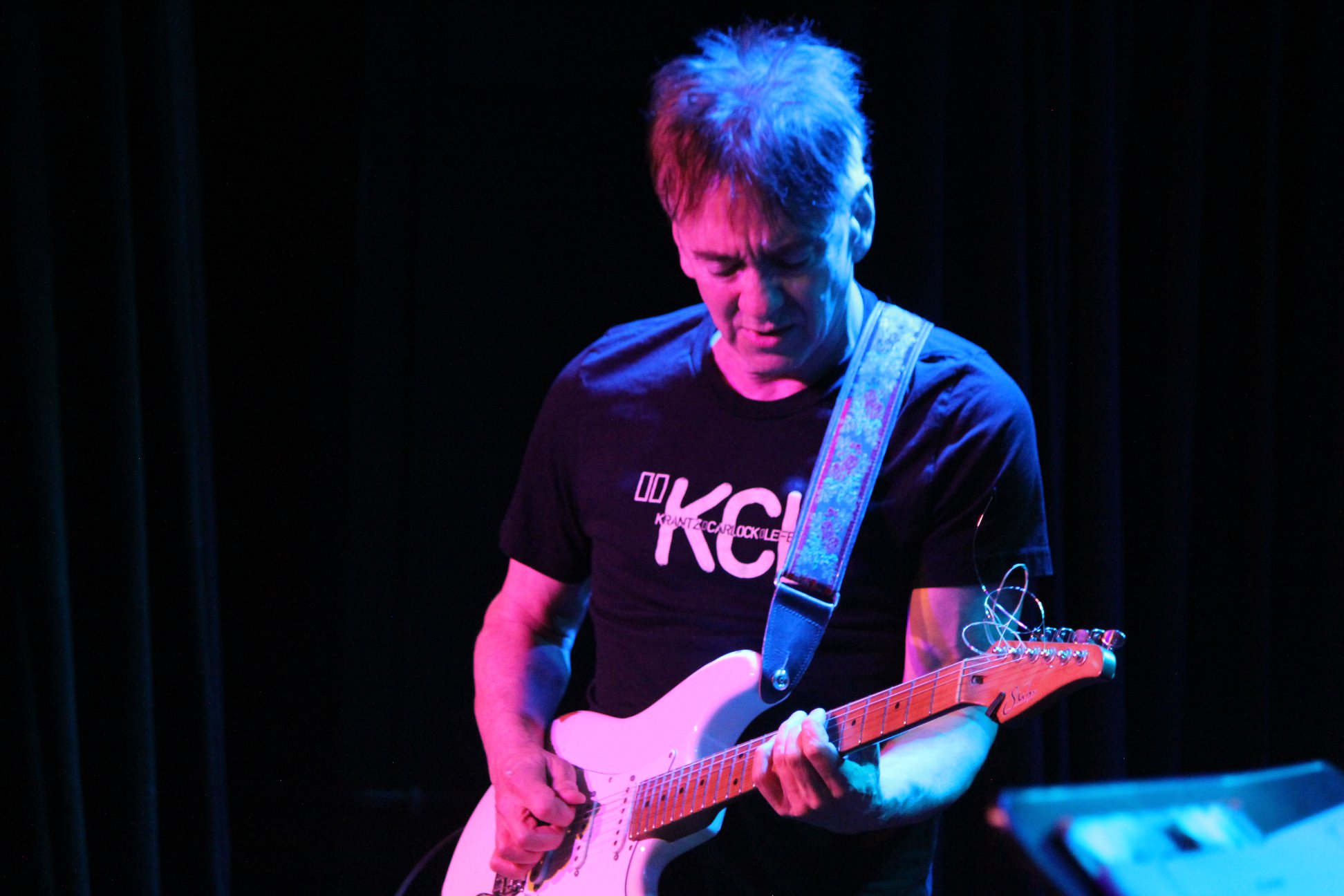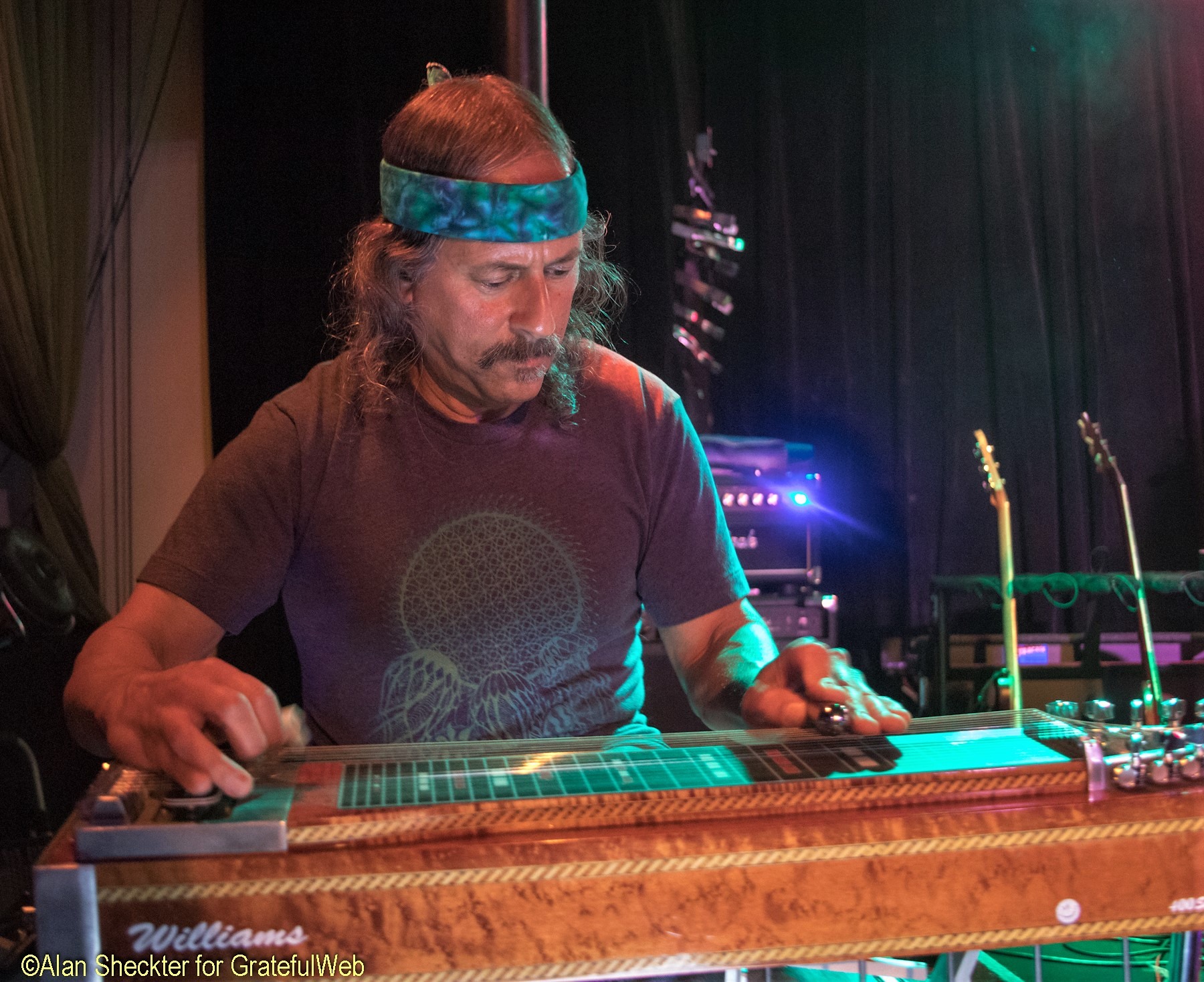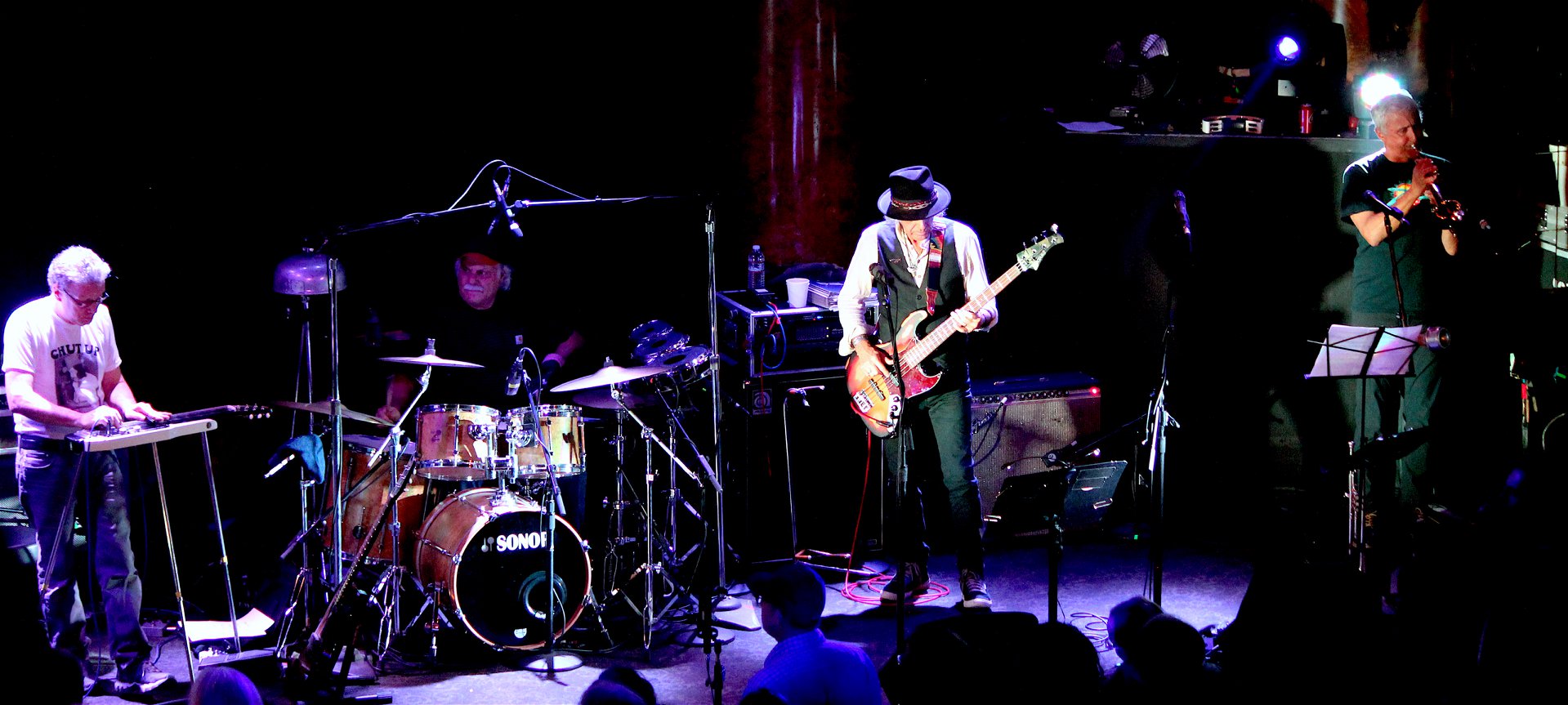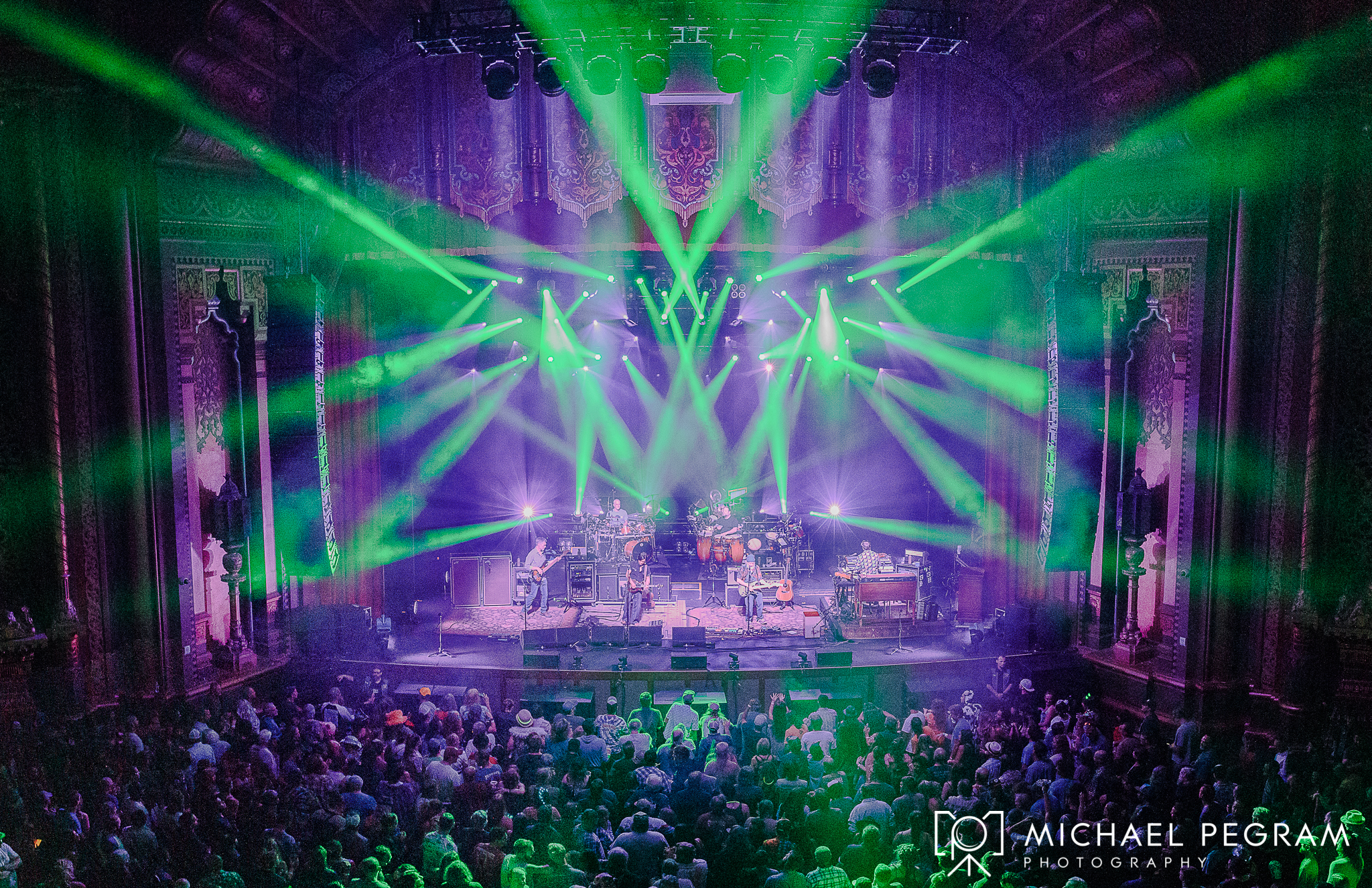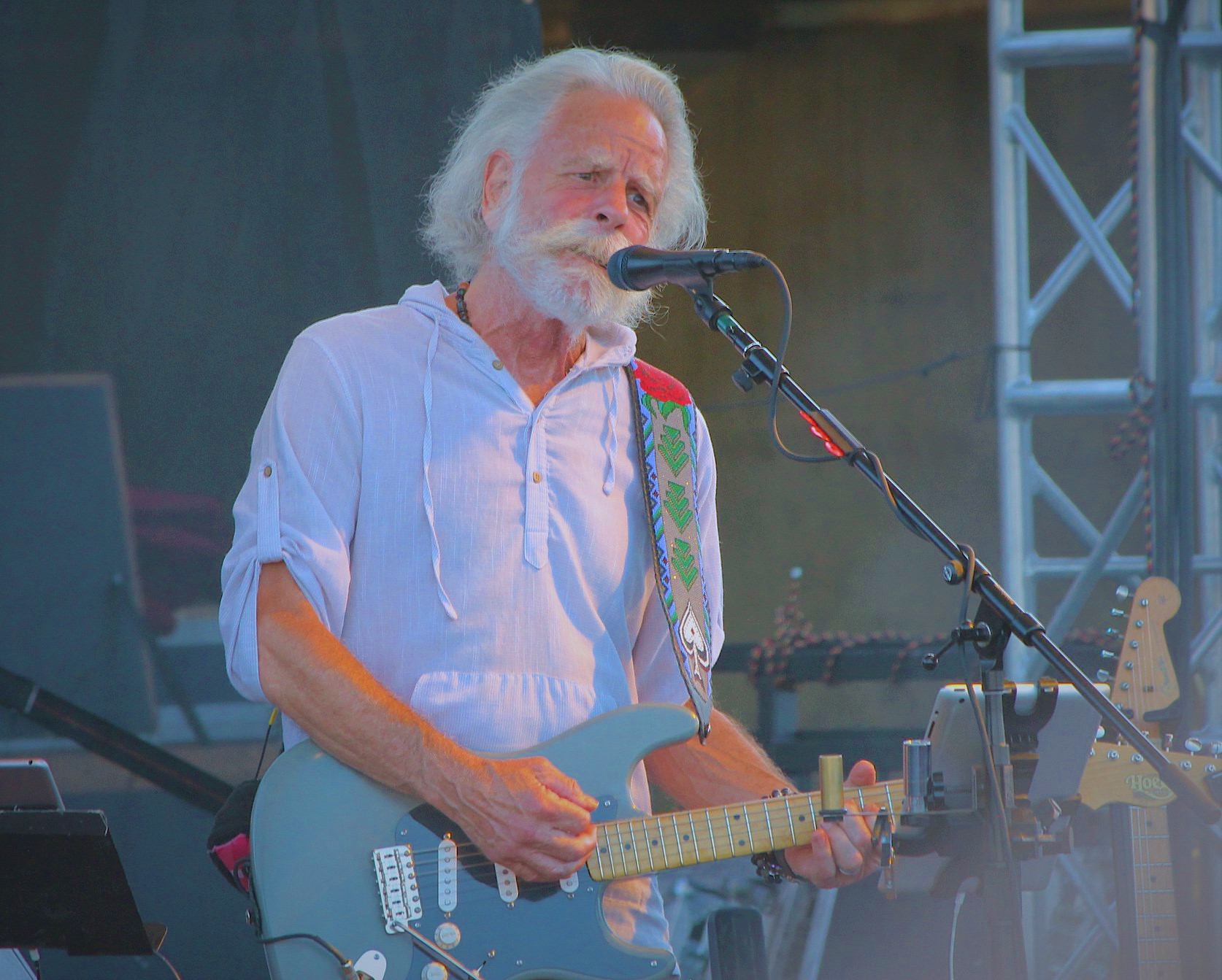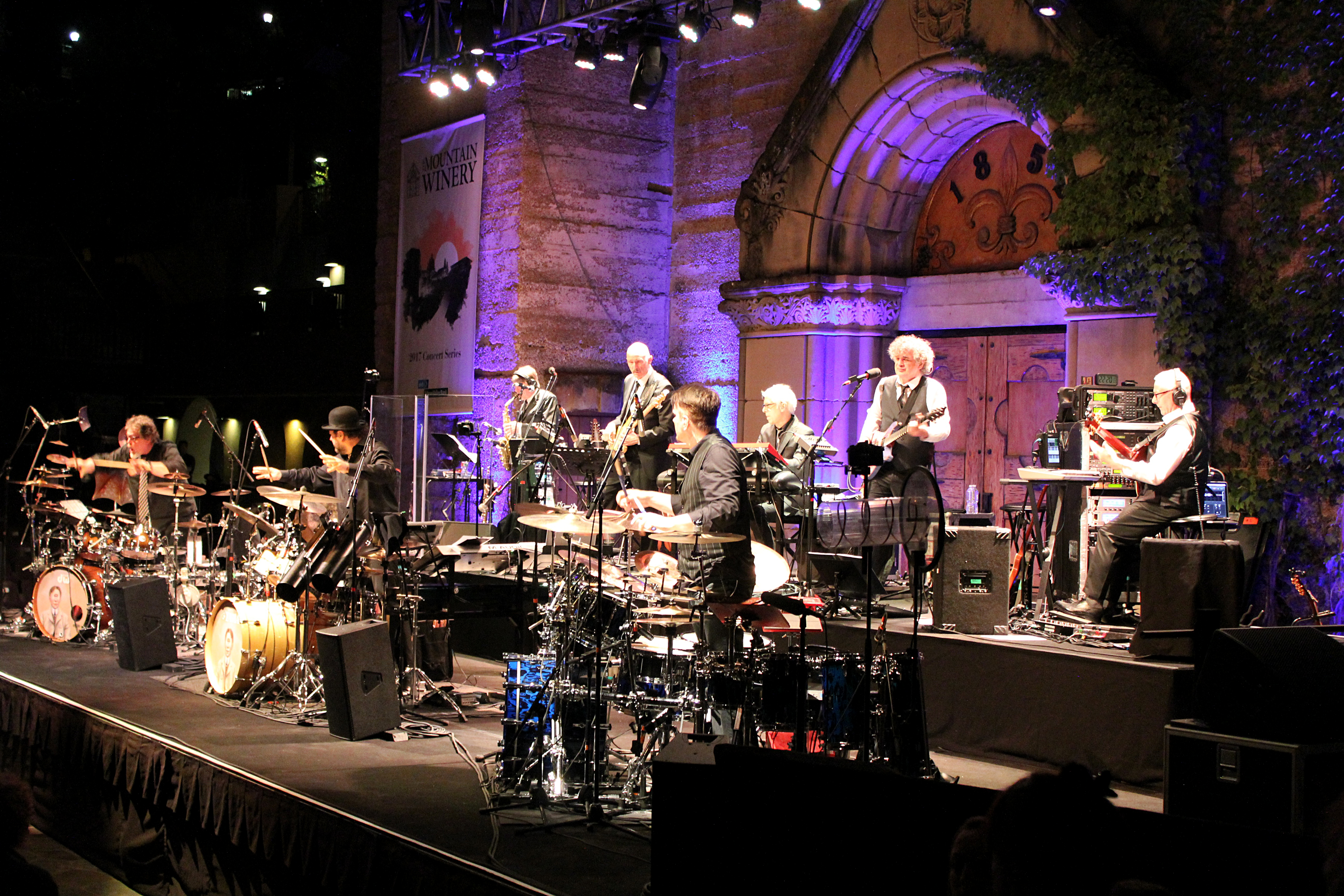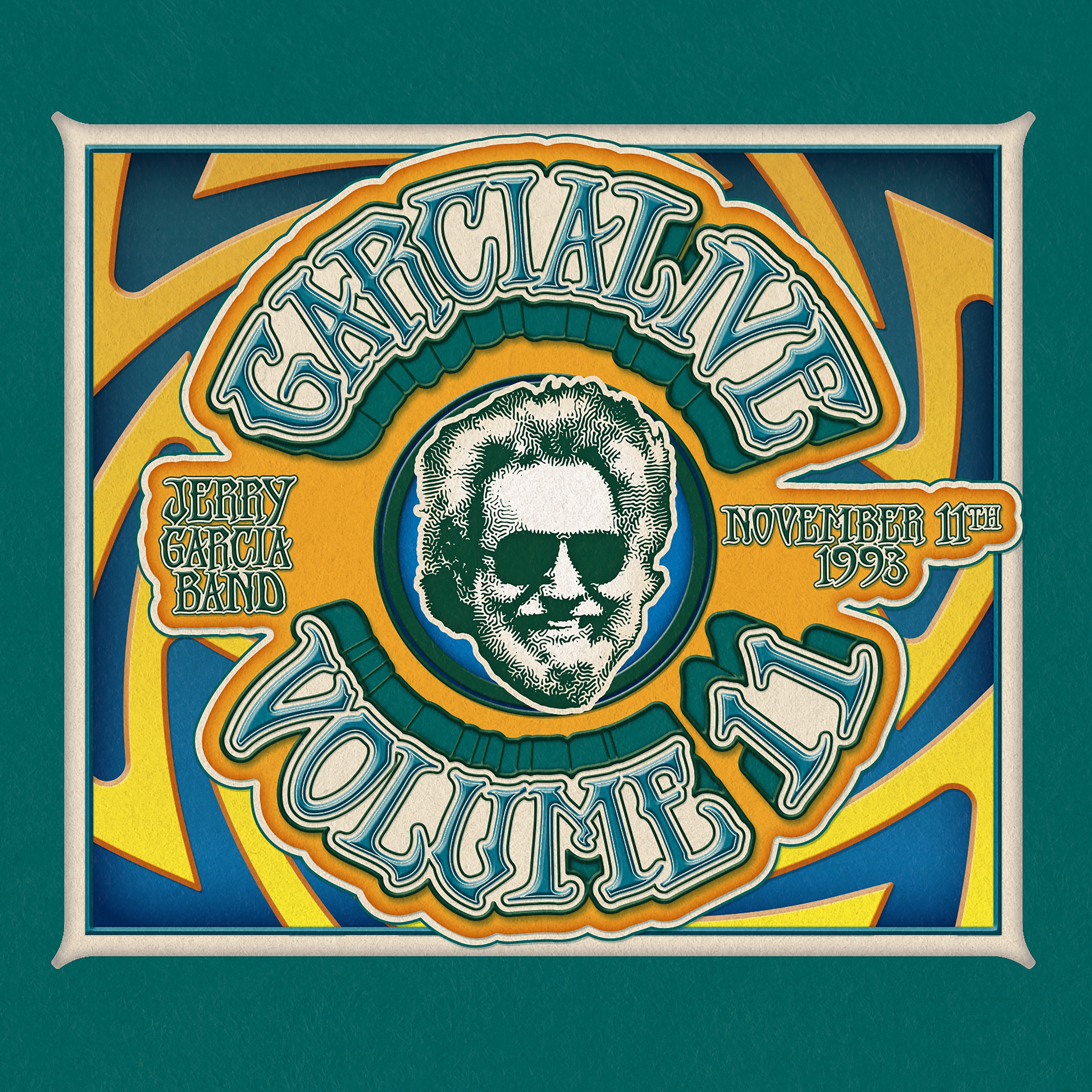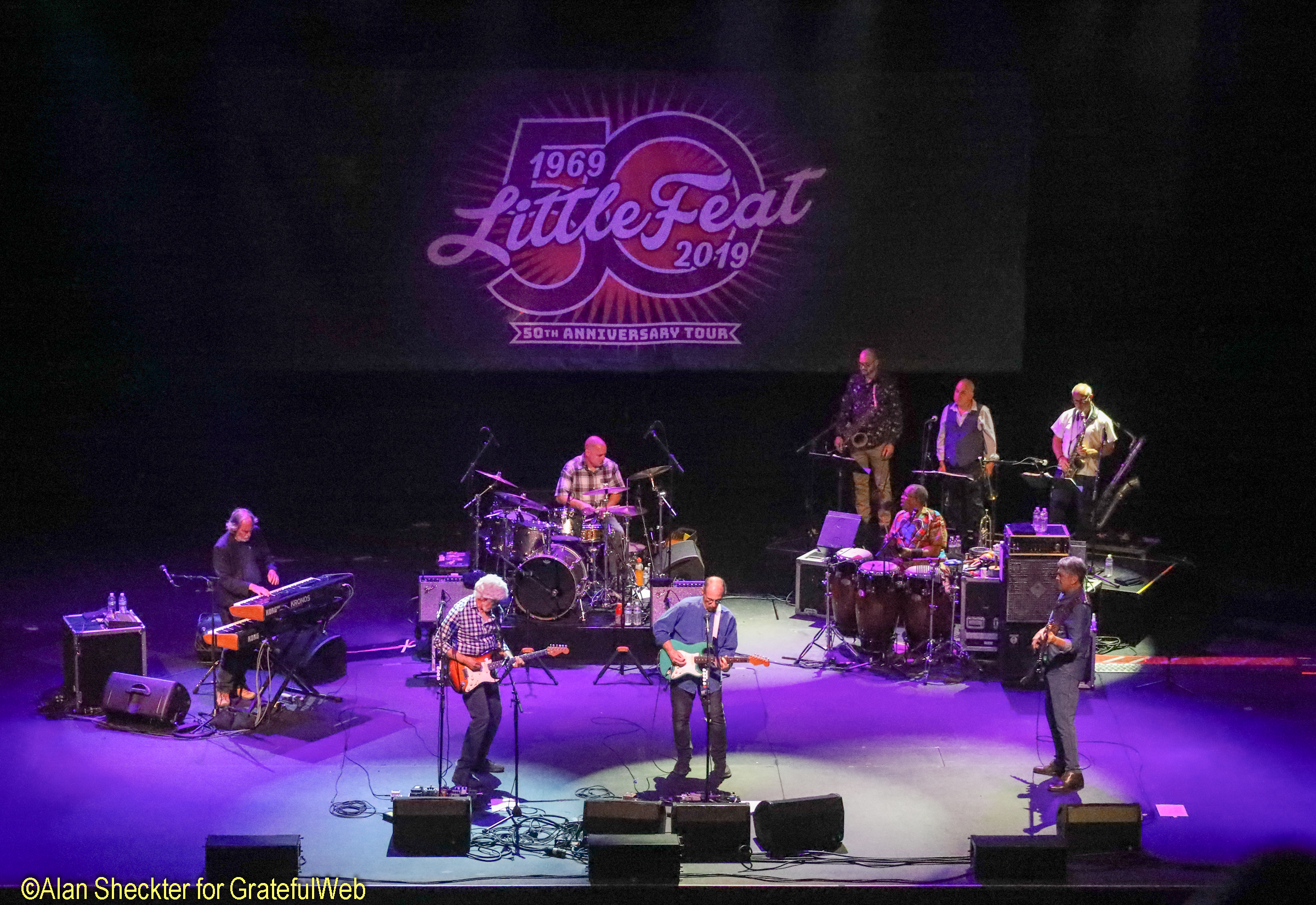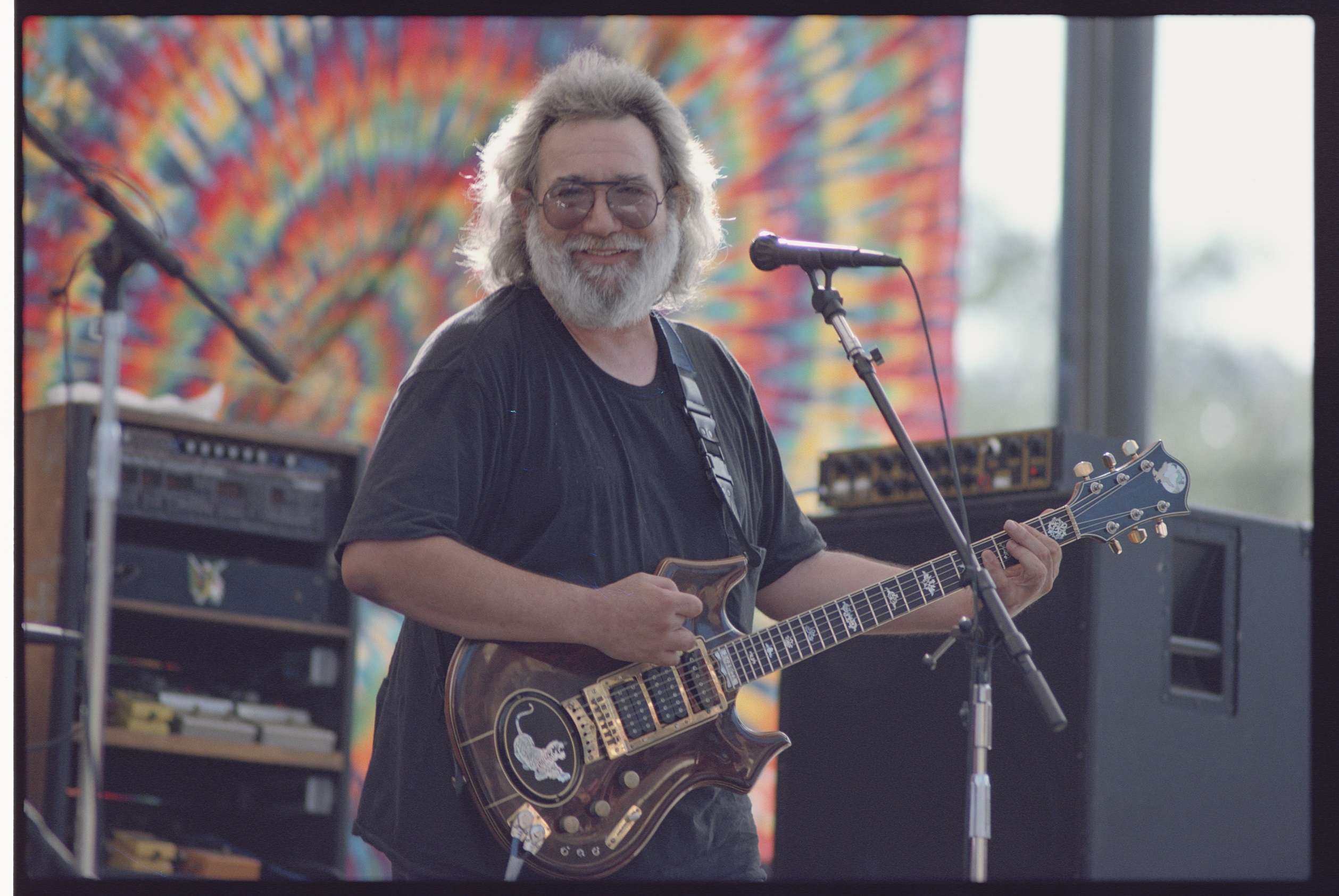One of the most anticipated jazz events of 2017 was The Meeting of The Spirits tour, a co-billing of celebrated fusion icon John McLaughlin & The 4th Dimension with the astoundingly diverse Jimmy Herring and The Invisible Whip. Though the two guitarists/bandleaders spawned from different generations and backgrounds, their affinity for bringing exploratory styles including Indian Classical Music, Spanish guitar, funk, and blues, are an ever-bonding force. Many of Herring’s musical heroes (in addition to McLaughlin’s renowned groundbreaking group Mahavishnu Orchestra,) were contemporaries of McLaughlin’s. Their affinity for one and other was apparent as both virtuosos had sat in at rare junctures in each other’s respective bands. Still, nobody saw the jazz nerd’s fantasy double-billing coming until it was announced last November. The tour explicitly billed that the opening set would be from Jimmy and his impressive Invisible Whip band, followed by John’s longstanding 4th Dimension band. The two bands then would join forces to present a set of classic Mahavishnu Orchestra material. Grateful Web was beyond humbled to be welcomed to the tour’s penultimate show at the renowned Warfield in San Francisco.
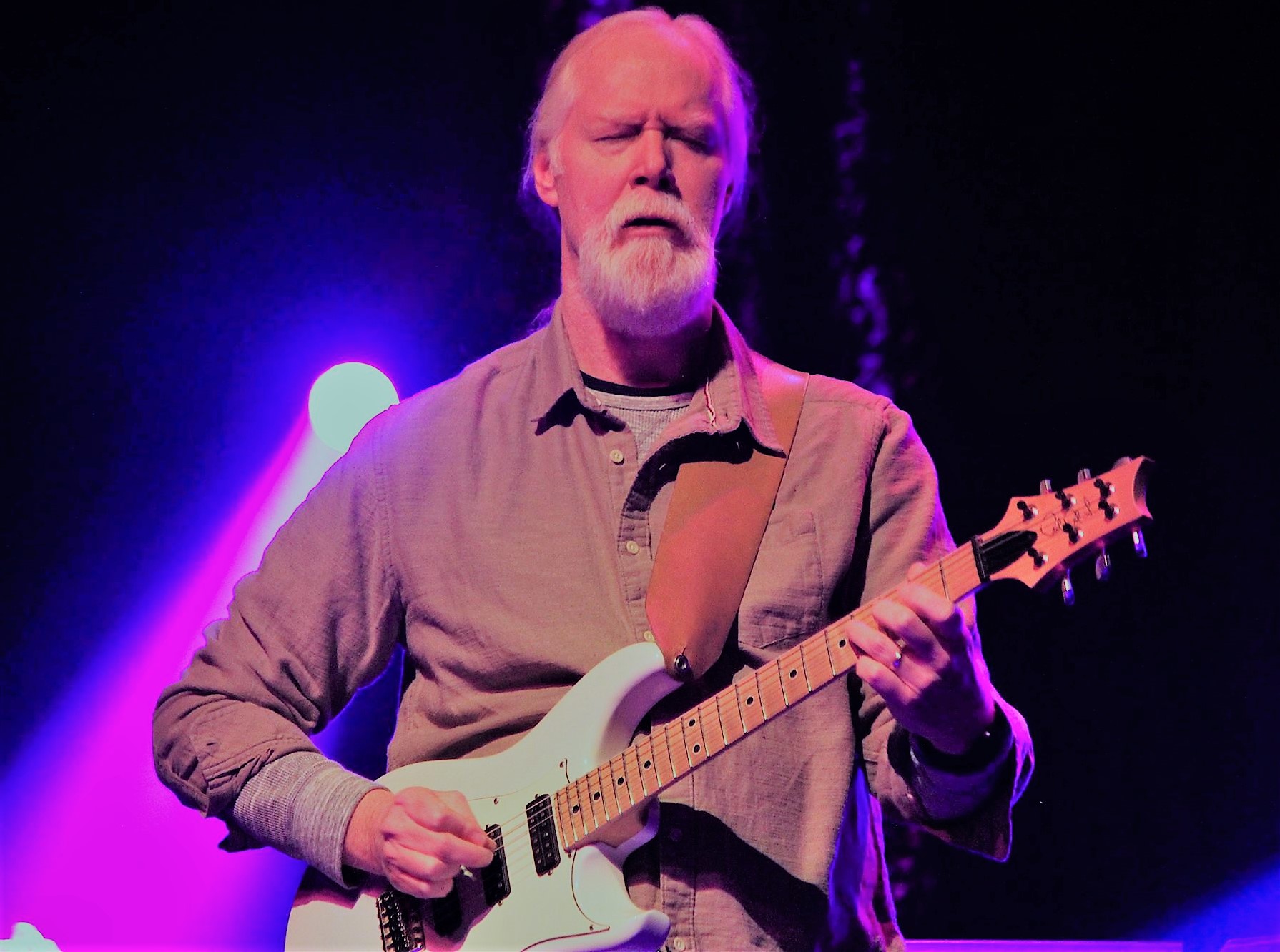
The double-billing was almost too good to be true for fans of both artists, and that oomph was sensed strongly last Friday at The Warfield as Jimmy Herring, and the Invisible Whip took the stage. The lineup features some of Herring’s strongest musical allies including Jason Crosby (Fender Rhodes piano, violin), Jeff Sipe (drums), Matt Slocomb (B3 Organ), and Kevin Scott (bass). Immediately evident was Herring’s intentions to set the tone for the evening, honoring the illustrious career of McLaughlin, who billed this as his Farewell U.S. Tour. Fittingly the Invisible Whip opened their set with a Miles Davis track from his pioneering jazz fusion album Bitches Brew (1970). “John McLaughlin” is an eclectic yet rampant track famously highlighting the titled honoree’s accented style. Herring’s Whip humbly took the stage and launched right into the standard, setting the stage well. Showcasing the group’s diversity, next up was the Allman Brothers classic cut “Les Bres in A Minor,” a song that Herring likely played on a handful of times during his stint as an Allman Brothers Band guitarist in the late 1990s.
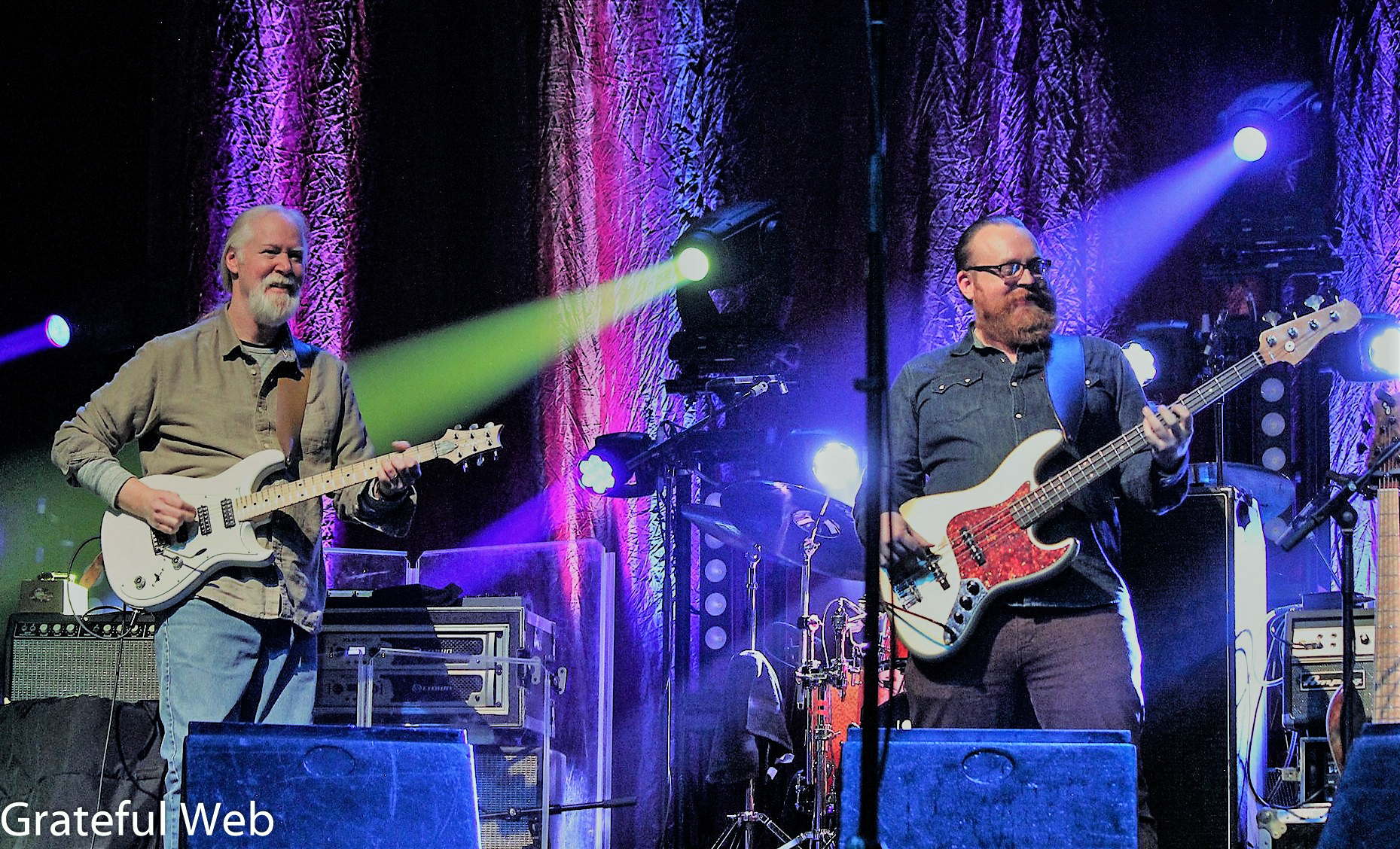
Jimmy’s never strayed from inserting unlikely nostalgic arrangements into his live performances. “Jungle Book Overture,” might have seemed like an unlikely choice, but the Invisible Whip took the tune to junctures unforeseen, augmented by some notably striking fiddle playing from Crosby. A “Trondossa” tease was sandwiched within the tune, a rarity from Jimmy’s days as a member of Aquarium Rescue Unit with Colonel Bruce Hampton. Next came, “Matt’s Funk,” a tune that Slocomb has brought into Jimmy Herring’s past lineups. B3 chops were finely showcased as was the group's aptitude to groove just as hard as they improvise. Next came the trippy “1911,” an original from The Invisible Whip that gave each player a chance to space out and stage an intricate solo, all with the heavy-hitting Sipe channeling the likes of Pink Floyd’s Dave Mason. In another hat tip to Miles Davis and his immeasurable influence on fusion music, “Black Satin,” off of Davis’ On The Corner (1974) album, exposed the Whip’s funky side of things. An expansive “Scapegoat Blues,” crashed into “Rainbow,” leaving an abbreviated set with more music to be desired, and soon fulfilled.
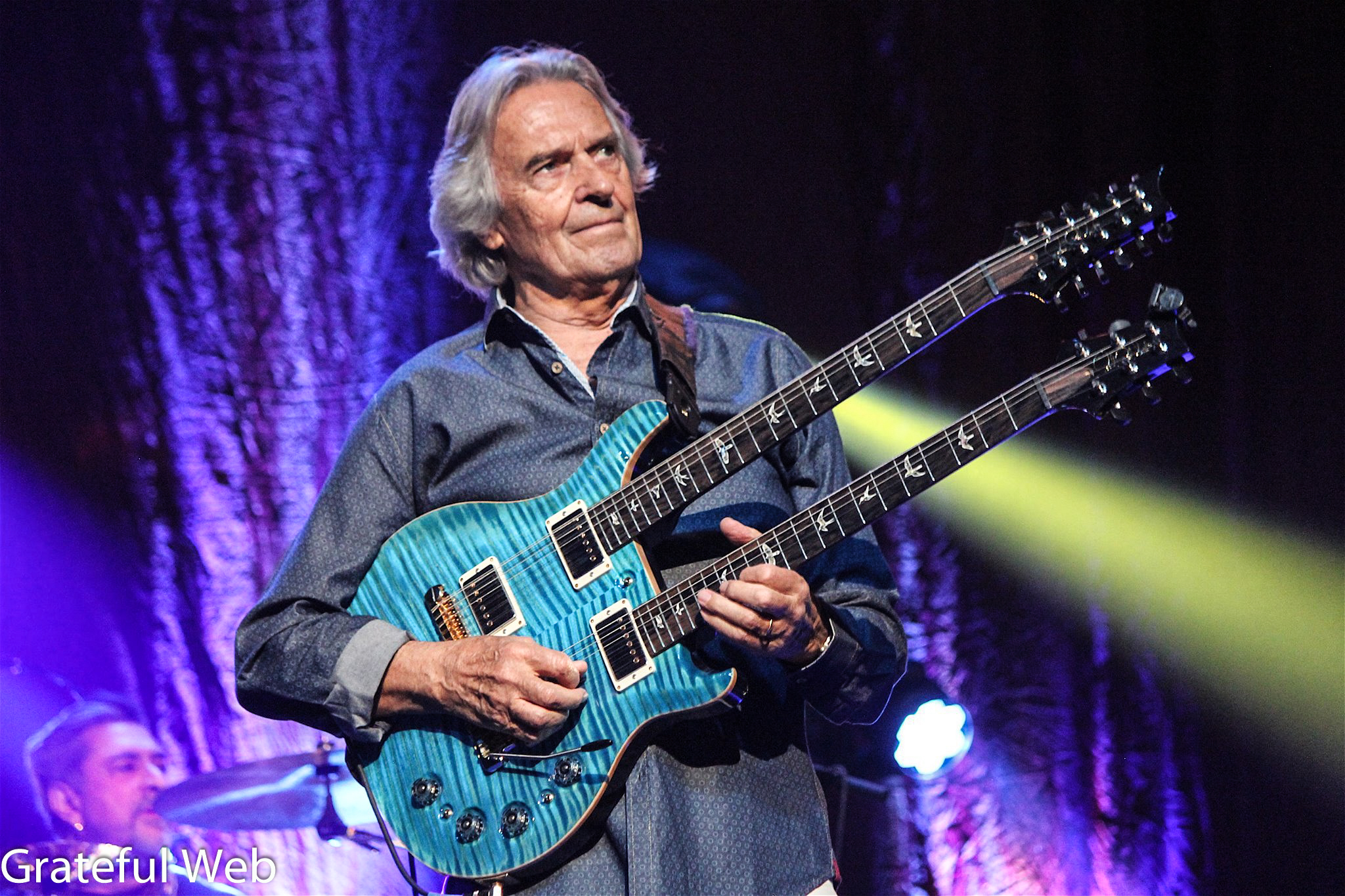
John McLaughlin & The 4th Dimension is a world-class ensemble of talented artists from across the globe. Much like McLaughlin’s Mahavishnu Orchestra, the players all come from drastically different backgrounds. The ensemble lineup of Étienne M’Bappé (bass), Gary Husband (keyboards and drums), and Ranjit Barot (drums), is the genesis of McLaughlin’s lifelong musical journey, embodying an audaciously limitless spirit that audiences have come to adore. “Here Come The Jiss,” from the band’s most recent studio album Black Light opened the show. The frantic bliss contained set the bar high, especially for folks who might not have seen McLaughlin’s 4th Dimension. Immediately apparent was that McLaughlin at age 75 (unlike many rockers of his generation) had lost none of his ability, dexterity, and charm. As the virtuosic artist put it in an interview with Grateful Web, “The music now represents the journey that I’ve been on my entire life.” Giving the fans a preview of the Mahavishnu-centered set to come, the band brought the stunning composition, “Lilia’s Dance” into the fold, a tune finely arranged for the girth of The 4th Dimension. “New Blues Old Bruise,” a deep cut from McLaughlin’s Industrial Zen album came next, showcasing drummer Ranjit Barrot’s astounding use of Konnakol chanting, a percussive vocal scat unique to South Indian classical music. McLaughlin has spoken outwardly of his fascination in Konnakol and encouraged Barrot to interject it frequently into shows.
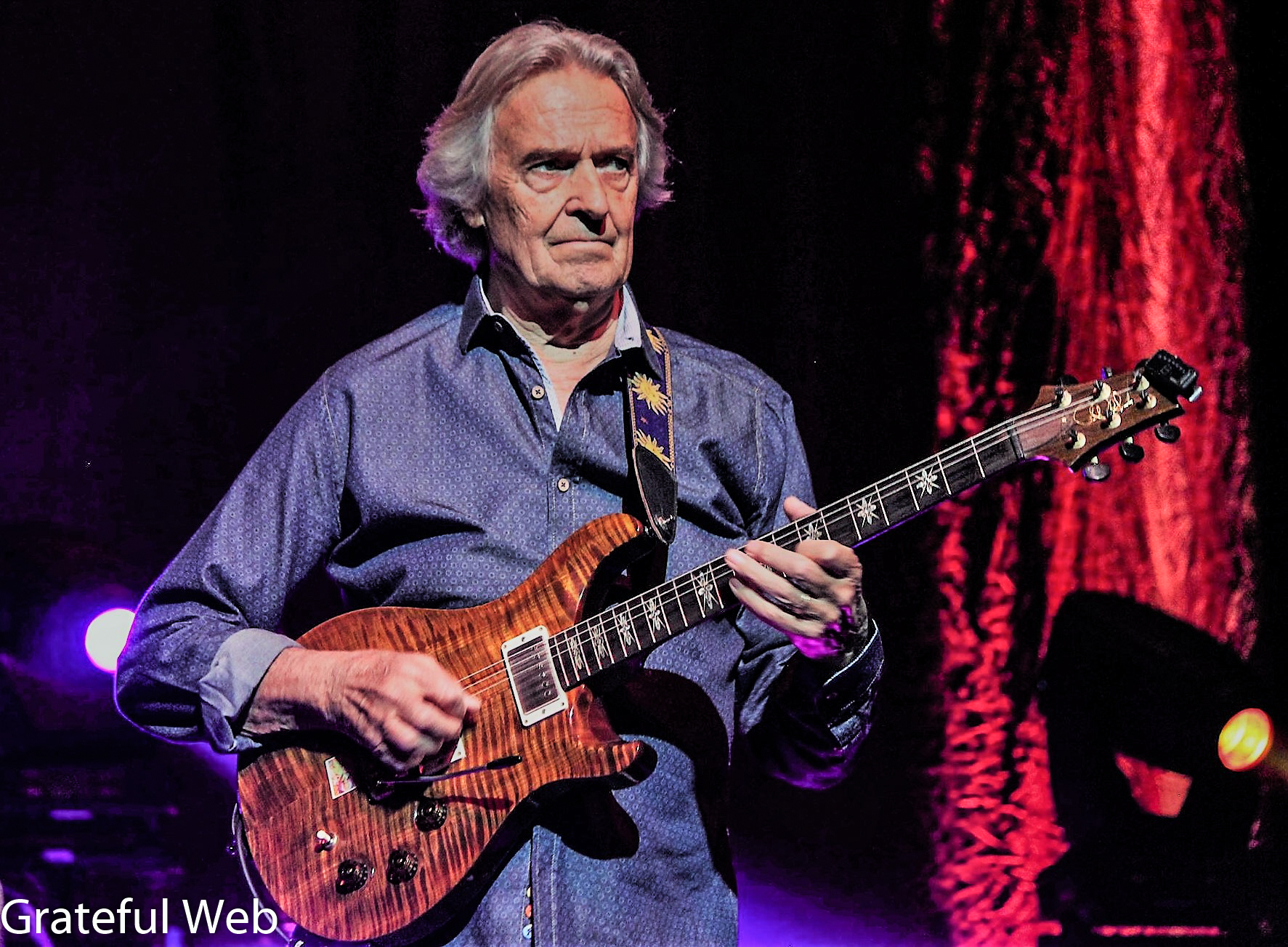
After addressing the audience warmly, John introduced the next tune which was written with his longtime collaborator and dear friend Paco De Lucia. The unparalleled progressive Flamenco master never got to perform the song her wrote with McLaughlin before he passed on, and now John has made it a staple of his sets with The 4th Dimension. A familiar cover of the Pharoah Saunders standard, “Light at the Edge of the World,” was handled with a poignantly sentimental piano opening stanza from Husband. “Echoes From Then,” one of the band’s signature showcase pieces, concluded the 4th Dimension’s abridged antonymous set, carrying all the elements that make the band so stunningly intense. While the crowd’s reaction certainly carried a desire for more, McLaughlin instantaneously brought out the entire Invisible Whip band to join the 4th Dimension onstage to embark on a set of classic, quintessential Mahavishnu Orchestra material. The conjoined mega-group kicked off the set with the first song off the debut Mahavishnu Orchestra album, The Inner Mountain Flame (1971). “The Meeting of the Spirits,” begins with a shuttering yet soaring guitar line which conjoins with a group that showcased the capabilities of sonic exploration within an oddly masterful instrumentation.
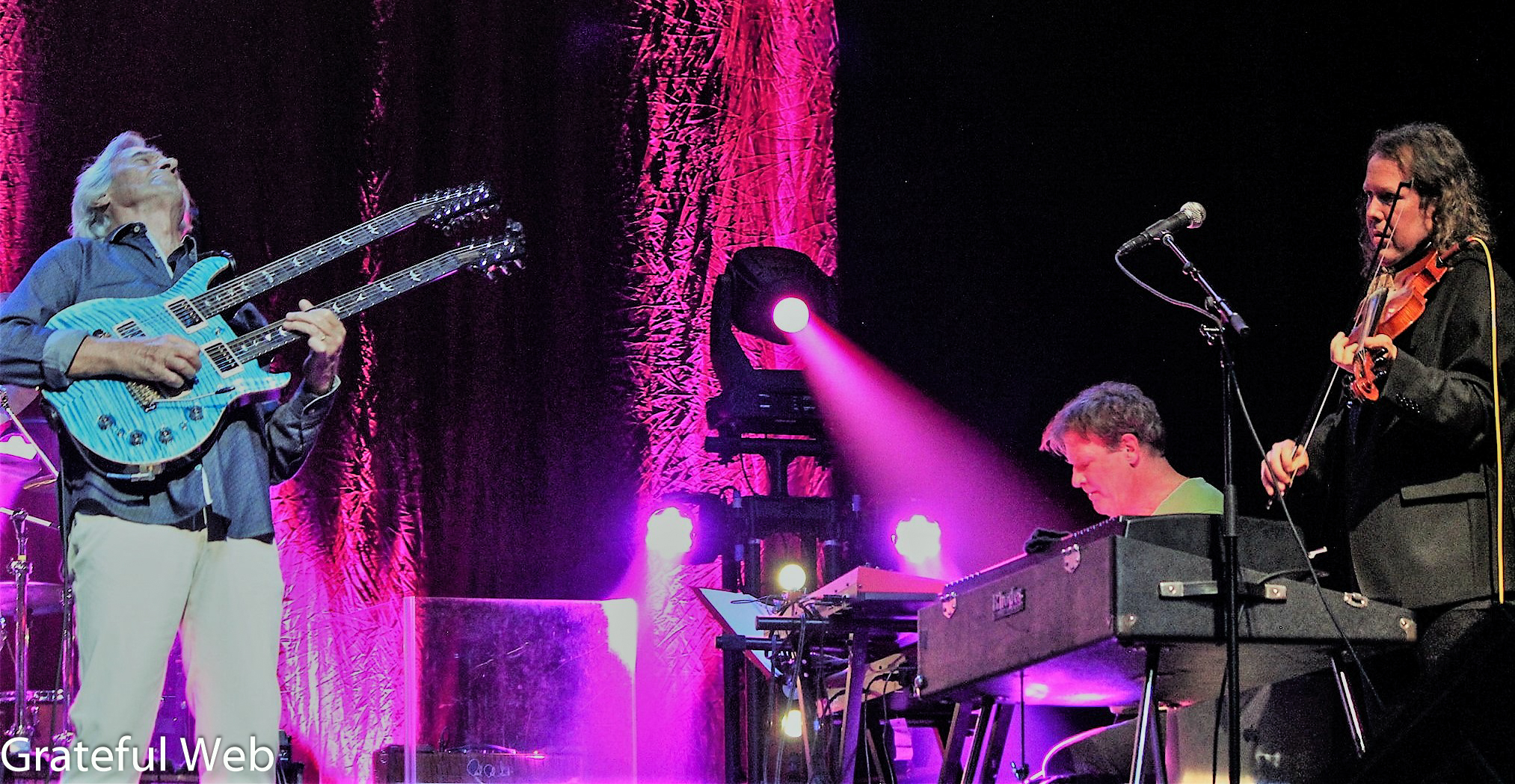
The title track off of Mahavishnu’s second album followed. During “Birds of Fire,” Jason Crosby’s fiddle conjoined with McLaughlin’s guitar line while Herring managed to weave his own web of melodic bliss when he wasn’t trading lines with McLaughlin. Classic tunes such as “A Lotus on Irish Streams,” and “The Dance of Maya,” showcased the delicacies of Mahavishnu’s material, not always playing loudest and fastest, even if they were the best at it. McLaughlin’s supple treatment of these tunes kept closer intact to the originals than he ordinarily might with the 4th Dimension. “Trilogy,” a dazzling cut from the Lost Trident Sessions, resonated as a sister tune of “Lilia’s Dance,” brought all the fundamental attributes of a rampant Mahavishnu composition. The end of the conjoined set brought cuts from the second lineup of Mahavishnu Orchestra from the mid-1970s, predominantly from Visions of the Emerald Beyond (1974). Both Parts One and Two of “Eternity’s Breath,” brought the show to a triumphant end with the well-suited encore of, “Be Happy.”
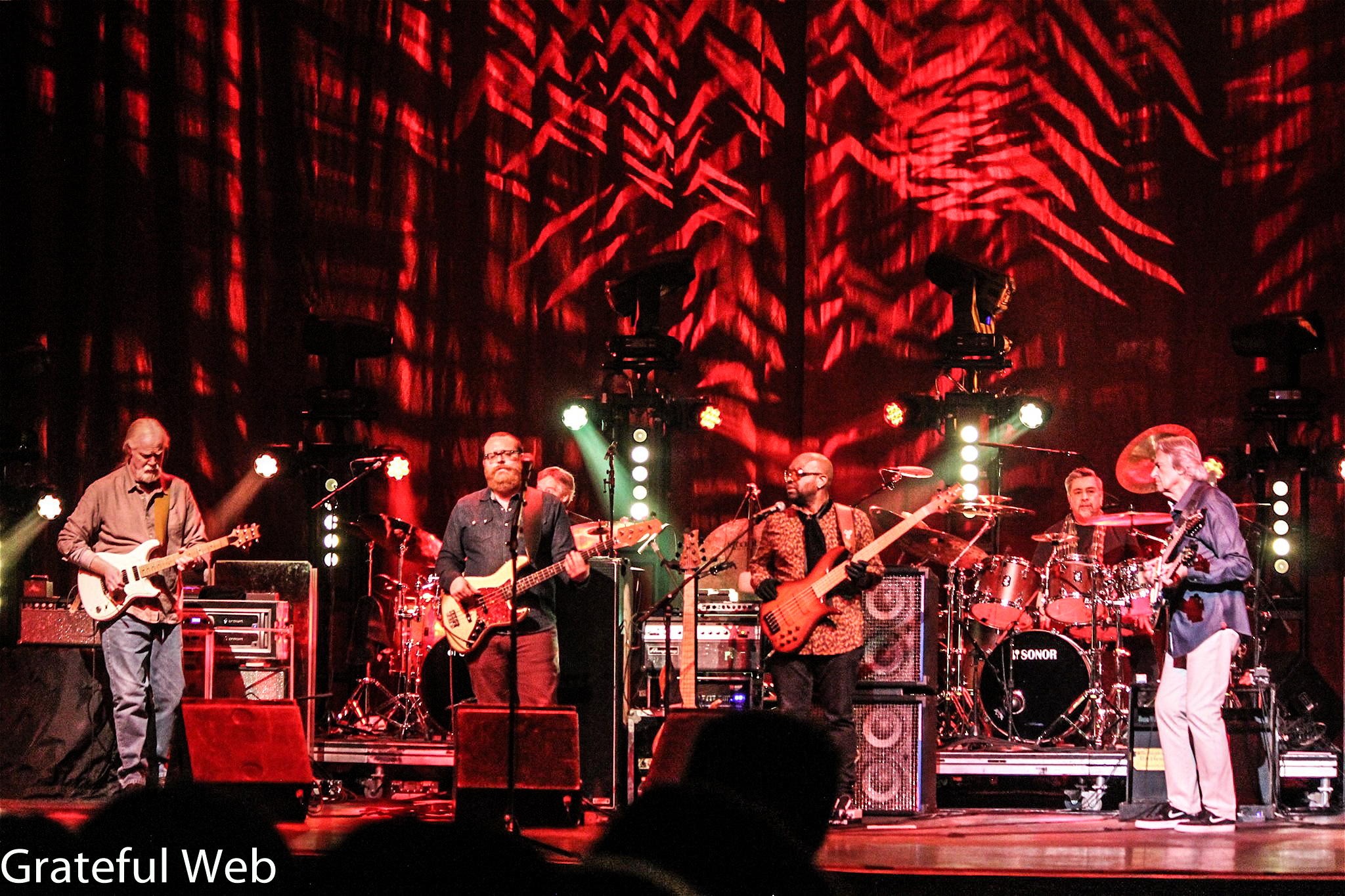
Though so much other territory could have been explored between the two bands, the choice of cuts was heralded by the audience’s standing ovation after each song of the Mahavishnu-centered set. If this truly is John McLaughlin’s final tour of North America, as the billing indicated, then he bowed with the encore of all encores, amongst a gathering of musicians who will continue to carry the flame in the spirit of fusion music. Sometimes words hardly do the music justice.





